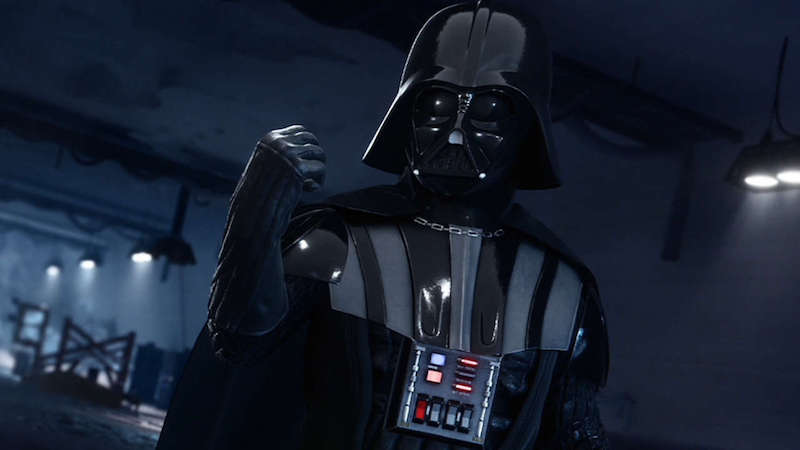EA cut off the country of Myanmar from the Origin game distribution platform, showcasing in a bit of a snide fashion how gamers do not own their video games but just rent them. So in this article, we’ll talk about game ownership, some of the problems associated with it and how it affects all platforms. This includes Steam, UPlay and that it is even affecting the consoles as digital distribution takes hold there.

What does it mean EA banning people from not playing games they already own?
We’ve never “owned” our games. Even with physical media you don’t own limitless rights to play the game. You only have the right to play so long as the media on which it’s published is usable. If your disc gets scratched or cracked or lost or whatever, you can’t go to Gamestop and get a replacement for free. You’re buying a disc/cartridge/whatever; you’re not buying a limitless right to access to the software.
Your relationship with the publisher of the game is null and void the moment you purchase their product. If your physical media is damaged or corrupted in any way, the only way to get access to “your” game again is to re-buy it. However, depending on where you live, you might be allowed to make backup copies “for personal use only”. Thus sidestepping the problem of the disc getting damaged.
Sadly a lot of the more vocal gamers are, How to put it mildly, really dumb and incapable of thinking things through for themselves. There’s a whole lot of Stockholm syndrome going on here. “They only screw us because they love us” opinion about game distributors.
Update: EA has said they are working to give access back to people who live in Myanmar. While a good move, the issue was just a stepping off point for me to talk about Game Ownership. It is the potential for loss of access that is important here.
